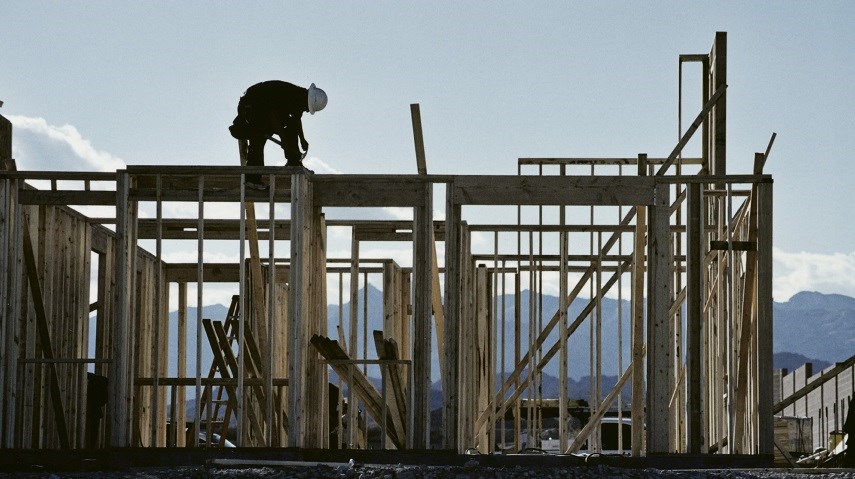B.C.’s housing market is moderating and moving in the right direction, according to finance minister Carole James.
“It’s what we are looking for. We are continuing to monitor it.”
The correction in the market is not over, she said Tuesday.
The B.C. NDP committed in its 2018 budget to seeing 114,000 new affordable homes constructed within its 10-year housing plan, valued at $7 billion.
A generation of young people has been left to believe that it would never be able to afford a home or raise a family here, she said.
While B.C. is “starting to see moderation in the market,” James said, “I don’t think we are at a stage where we can say that housing is affordable.”
The best thing the province could do to stabilize the housing market would be to work with local governments to find ways to encourage builders to continue building even during slow periods, said Cameron Muir, chief economist of the B.C. Real Estate Association.
Muir said that James’ reference to moderation is an “interesting word” given the dramatic drop in sales in B.C. that he calls a “pretty significant downturn in consumer demand.”
The number of real estate sales slid by 24.5 per cent in B.C. last year compared with 2017.
His recommendation for closer co-operation between the province and local governments is aimed at smoothing out historic oscillations in the real estate market to keep housing starts steady.
“We know when we have strong demand and very little supply, home prices accelerate.”
Muir recommends finding ways to speed up the development process. In the Lower Mainland, for example, it takes about five years from conception to complete a condominium tower.
Rapidly rising prices reflect the inability of builders to supply the market in a timely way, Muir said. “When we have several years from conception to completion of a housing project, it is very difficult for builders to time markets because demand oscillates quite wildly.”
The federal government brought in a stress test to ensure people would not lose their homes if loan costs went up. This move and rising interest rates have seen some potential homeowners losing up to 25 per cent of their purchasing power, Muir said.
“And when you pull that much purchasing power away and make housing that unaffordable, it’s not a surprise that you see a big decline in a consumer demand.”
Muir said that new home construction is expected to slow considerably. “That is exactly the wrong thing you need in order to keep housing affordable.”
Jill Atkey, chief executive of the B.C. Non-Profit Housing Association, is pleased with the new budget.
“We were very much looking for the government to stay the course with the housing investments that they made last year and they have done exactly that.”



